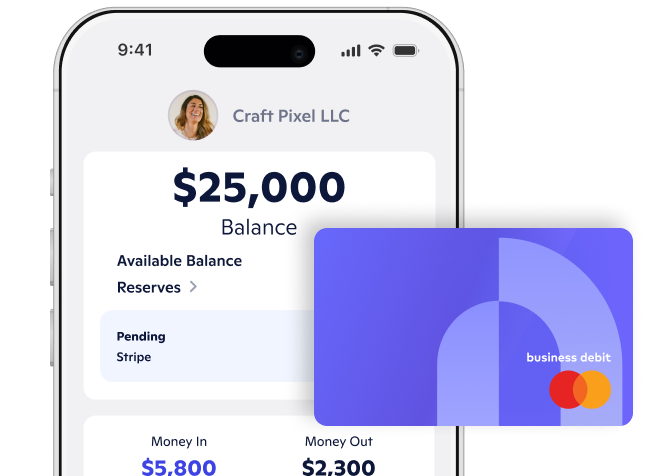
nnovative companies can only see their ideas materializing with sufficient funding. Otherwise, they might miss the opportunity to stand out from the crowd. Funding for businesses is of great importance, and the funding sources can differ. Understanding these options and other regulations is crucial, and we will discuss them in this article. Additionally, we will explain how difficult it is to obtain a business loan for your company.
Business Loans Importance
Companies obtain business loans from various funds, including banks, online lenders, or credit unions. These loans are used for multiple functions, both short and long-term. Business loans are usually popular because of their lower interest fees and extra flexible repayment terms compared to private loans.
There are some types of business loans, each suitable for a specific reason and form of company. They provide companies with the ability to put money into growth possibilities or navigate through tough instances, ultimately assisting them to attain their business objectives and sustain operations.
Is It Hard to Get a Business Loan?
Knowing how difficult it is to get a business loan is the puzzle companies want to solve before making their plans. In this plan, the budgeting and financing elements should be cautiously analyzed, which allows you to avoid certain issues in the business’s future.
While getting a business loan may be challenging for each commercial enterprise, thorough preparation, strong financial management, and a clear understanding of lender requirements can enhance the chances of success. Additionally, exploring alternative financing alternatives may provide feasible alternatives for businesses dealing with issues securing conventional financial institution loans.
Factors that Affect the Approval of Business Loans
Understanding the factors that lenders consider for approval is crucial. Factors that affect business loan qualifications include:
Credit Score (Personal and Business)
Credit rankings are essential tools to assess business financial reliability. They evaluate various financial signs, payment history, debt management, credit utilization, the length of credit history, and industry-specific risks. The business credit score's range depends on the credit bureau and scoring version used.
Both business and personal credit score has a major impact on the approval process for business loans. A solid business credit score can significantly improve the chances of a loan approved. It can also lead to more beneficial loan terms, including lower interest rates and higher borrowing limits.
Business Financials
Business finances play a critical role in the loan approval system by providing creditors with crucial data to evaluate repayment capacity, creditworthiness, stability, and hazards. Businesses have to maintain accurate and up-to-date financial data to give a clear image of their monetary health and enhance their chances of securing favorable mortgage terms.
Time in Operation
When evaluating loan applications, lenders consider how long a business has been operating. They often prefer to work with groups with a proven history of delivering successful outcomes. A good credit history coupled with timely payments and responsible debt management can enhance a business’s chances of getting its loan approved. Businesses with an extended track record might also have a competitive edge when applying for business loans.
What Distinguishes Banks from Online Lenders in Terms of Loan Approval?
Understanding the type of lender is critical when considering applying for a business loan. Compared to online lenders, banks have stricter lending standards. They might also require businesses to have higher credit scores, provide large down payments, and provide extra extensive documentation, which could lower approval rates.
Banks tend to prioritize borrowers with a proven track record of managing their finances responsibly. On the other hand, online lenders may have less strict requirements, making it simpler for some debtors to qualify. They are also more willing to consider applications with lower credit scores or limited credit history. This leads to better approval chances for those who apply.
Challenges Faced by Both New and Existing Businesses
Common challenges for new and existing businesses when applying for business loans include:
- Limited Credit History
- Insufficient Collateral
- Unproven Financial Performance
- High Risk Perception
- Past financial difficulties
- Higher interest rates
Conclusion
Securing funding is essential for businesses to launch new ideas and grow. Understanding loan options and how to qualify is crucial for navigating the financing landscape. Once you understand the factors that affect the approval of business loans for companies.
Novo Platform Inc. strives to provide accurate information but cannot guarantee that this content is correct, complete, or up-to-date. This page is for informational purposes only and is not financial or legal advice nor an endorsement of any third-party products or services. All products and services are presented without warranty. Novo Platform Inc. does not provide any financial or legal advice, and you should consult your own financial, legal, or tax advisors.
The Merchant Cash Advance is provided by Novo Funding LLC, PO Box 311092, Miami, FL 33231. Novo is the marketing name for Novo Platform Inc. and its subsidiaries and affiliates. Novo Funding LLC is a wholly owned subsidiary of Novo Platform Inc. Credit and Merchant Cash Advance products and services are offered by Novo Funding LLC. The information and materials contained on this website - and the terms and conditions of the access to and use of such information and materials - are subject to change without notice. Not all products and services are available in all geographic areas. Your eligibility for particular products and services is subject to final Novo determination and acceptance.
Novo is a fintech, not a bank. Banking services provided by Middlesex Federal Savings, F.A.: Member FDIC.
%201.png)
.png)




